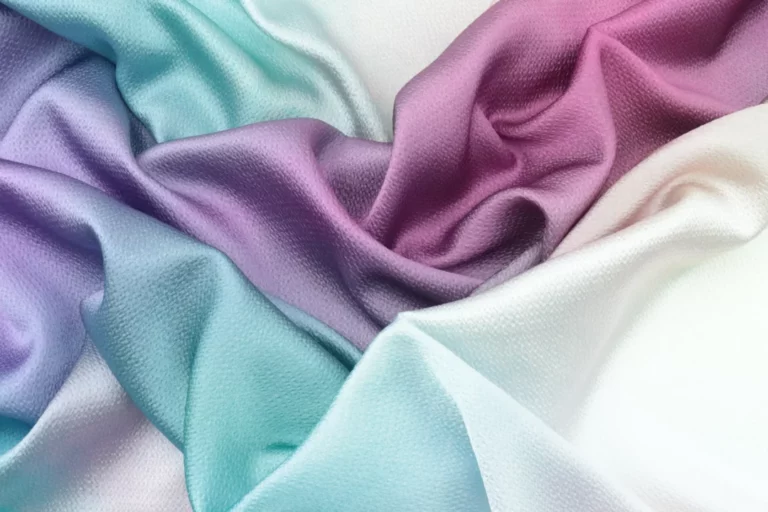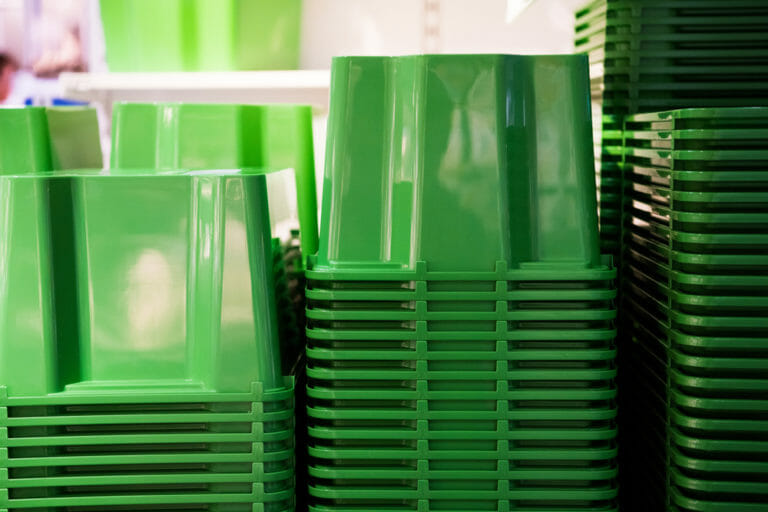Is Silicone Recyclable?
Unsure whether silicone is recyclable? This post will clear things up and provide tips on how to recycle silicone products.
Is silicone recyclable? In short – yes, but with some other considerations. Silicone is a non-toxic and inert material that won’t leach out any kind of chemicals when exposed to heat, light, or water.
This is why it is often used as a safe material for products ranging from medical equipment to kitchen appliances such as baking pans and cake molds.
Why Is Recycling Silicone Sometimes Frowned Upon By Environmentalists?
However, since silicone is not biodegradable, it is difficult to break down in natural environments. Furthermore, recycling is sometimes discouraged due to the fact that the energy required for proper processing is greater than the energy needed to create fresh silicone items from scratch.

For this reason, reusable silicone items are favored more than disposable ones. Fortunately, much of the plastic pollution issue can be solved by finding ways to reuse existing materials; for example, tossing an old broken food storage pan into an industrial compost heap is preferable to throwing it away if possible. So although recycling is theoretically an option for silicone materials, we should always consider ways to reuse them first and foremost.
Get Your Hand on Your Eco-Friendly Living Starter Guide!
What Is Silicone Rubber Made Of?
Silicone rubber is a versatile and durable synthetic material used for a range of protective, insulation, and cushioning applications. Manufactured from siloxane polymers, it is composed of flexible cross-linked silicone chains suspended in a cured form with an added plasticizer.
It is safe to use around food and drink because its components are non-toxic, and neither support nor encourage microbial growth. Its unique composition gives it an impressive resistance to extreme temperatures, aging, ozone, water, and other environmental elements.
Silicone rubber is also highly resilient when stretched or compressed, making it perfect for shock absorption purposes as well as vibration dampening – this makes it ideal for gaskets in outdoor motorized equipment. Interestingly, silicone rubber’s remarkable properties also allow the addition of color pigments to change its appearance without affecting the integrity of the material – enabling manufacturers to produce custom colors without sacrificing quality and functionality.
Is It Safe To Recycle Silicone?
The use of silicone products has been increasingly popular, found in everything from kitchenware to toys. But when these silicone items are no longer needed, what should be done with them? Recycling silicone is possible, though the process may be difficult depending on the item.

Despite this, recycling silicone can have many benefits—not only does it reduce landfill waste but it can also create new materials and products. When looking to recycle silicone rubber, be sure to check with local recycling centers to make sure that they accept the specific type of silicone being recycled.
The recycling process is complex, making it important to bring the products to a certified recycler so that it gets disposed of properly. With some effort and research, you can ensure your old silicone items are recycled safely and ethically for a greener environment!
How Is Silicone Recycled?
For silicone recycling, the material must first be properly separated into its respective forms like rubber and foam. These materials can then be melted down and purified so that impurities do not remain in the recycled product.
The liquid form is then used for making products with a similar form and size as the original, such as pipes and tubes. The beauty of recycled silicone material is that it does not lose its properties even after multiple cycles of melting down and reforming, which makes it a great choice for recycling. Additionally, you can mix the recycled silicone with any color of your choice and create a new product.
Is Silicone Biodegradable?
Silicone is a popular material choice for many products including medical devices, food packaging, and silicone cookware. But whether or not its biodegradable nature makes it an environmentally-friendly option is still debatable.

Some studies have indicated that while silicone takes longer than other materials to degrade in landfills, it can be broken down over time. However, the amount of time required has been estimated to range between 80 and 500 years; far too long to make it feasible as an eco-friendly material.
Additionally, silicone contains compounds such as oxides of aluminum and magnesium, which are known environmental pollutants. As more studies are done on the long-term effects of silicone on the environment, products that offer the same benefits may become more accessible to consumers who wish to reduce their impact on the planet.
Why Is Silicone Better Than Plastic?
Silicone has many advantages over plastic when it comes to product durability, safety, and sustainability. Silicone is incredibly resistant to temperature extremes and does not break down even when exposed to temperatures ranging from -122°F up to 500°F and higher.
In addition to its high-temperature extremes resistance, silicone products are also flexible yet sturdy and can last for years. This makes them ideal if you need a long-lasting product that needs to withstand frequent use or exposure to the elements.
Additionally, silicone is extremely safe to use as observed in countless medical applications it is hypoallergenic and non-irritating significantly reducing the chance of skin reactions. Finally, silicone is much more eco-friendly than other plastics due to it being fully recyclable without any energy-intensive processes involved compared with traditional plastic production methods involving toxic materials such as petroleum and buried underground landfills.
Recycling Silicone: An Overview
It is no secret that we need to become more mindful of our natural environment. Recycled silicone is a great way to start. Silicones are energy-efficient, double-usable materials with the ability to be recycled indefinitely.
By recycling silicones, production costs can be significantly impacted for the better as reusing or substituting materials reduces overall emissions. Furthermore, by doing so products can be made durable and reliable citing examples such as mobile phones.
Therefore, recycling silicones prevent their waste from polluting landfills and contaminating water supplies while also reducing carbon dioxide production leading to a healthier environment at large. It is an easy way to begin an eco-friendly lifestyle and do something to take care of our planet in the present and its future.






